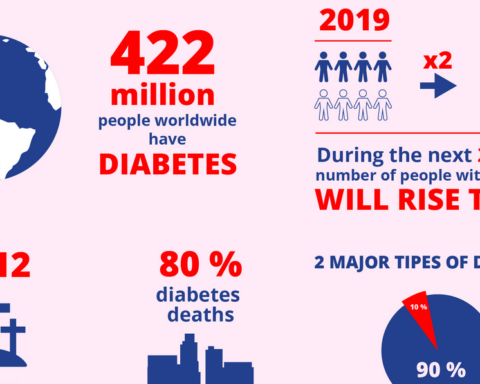Over 65% of Americans are overweight or obese. This population is roughly 35 or more pounds over a healthy weight with a BMI (Body Mass Index,) of 30 and above. Obesity increases the risk of a myriad of health-related problems. With type 2 diabetes, high blood pressure, certain types of cancer and sedentary lifestyles on the rise, health and lifestyle changes are essential.
An Economic Correlation
The healthcare costs of obesity are staggering. Obese Americans have more preventable chronic diseases that drive the costs of health care up to 41% more than their slimmer counterparts. Obesity can also stem from economic factors:
- Poverty: Junk food is cheap, available everywhere and convenient
- Food deserts: Many areas of the U.S. could be miles from a purchase of fresh fruits and vegetables and other whole foods
- Correlation between unemployment and obesity: Depression, lack of money and turning to food for comfort contributes
- Powerful lobbying keeps pizza classified as a “vegetable” for school lunches
A Push for Solutions
The Affordable Health Care Act plans emphasize programs that encourage weight management and wellness, making options available to more adults needing to lose weight. Lifestyle changes are key in addressing the obesity epidemic. Wellness, a balance of mind, body and spirit, incorporates a holistic approach to balancing the totality of the “whole person.”
The Genes
A gene called FTO is known to relate to obesity though it wasn’t known how, until recently. A study lead by scientists from Harvard and MIT revealed that an abnormal version of FTO causes energy from food to be stored as fat rather than metabolized. This research indicates that there could be more to obesity than over-consumption of calories and inactivity.
The advent of genetic research and discovery, personalized medicine and easier access to genetic testing, is great news in treatment options for weight loss and healthy lifestyle changes. Specialized genetics tests, like the ones from Pathway Genomics, can indicate variances that help dietitians and genetic counselors to make recommendations for the best diet and exercise for your particular DNA.
Lifestyle Changes are Essential
“When I interpret a patient’s genetic report and make recommendations for meal plans, I discuss options with them that they can commit to for a lifetime. It’s not about putting someone on a diet, but choosing foods that work best with their genetics and lifestyle,” says Christina Galiatsatos, a registered dietitian for Pathway Genomics. Christina says that a healthy diet is based on a Mediterranean food plan that includes: fruits, vegetables, nuts, legumes, whole grains, olive oil, fish and smaller amounts of lean meat and dairy. Of course, regular exercise and good quality sleep compliment new dietary lifestyle changes.
Knowing your genetic code, coupled with some positive lifestyle changes could make a big difference in your overall health, starting with a healthy weight. More and more, the role of genetics is playing a part in helping doctors with personalized treatments. There’s a hopeful future in treating obesity, which in turn, can prevent the diseases associated with being overweight.








